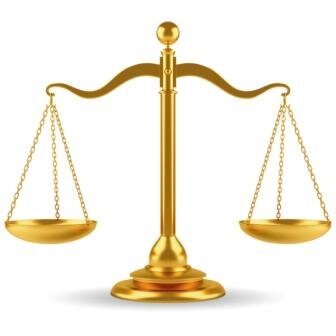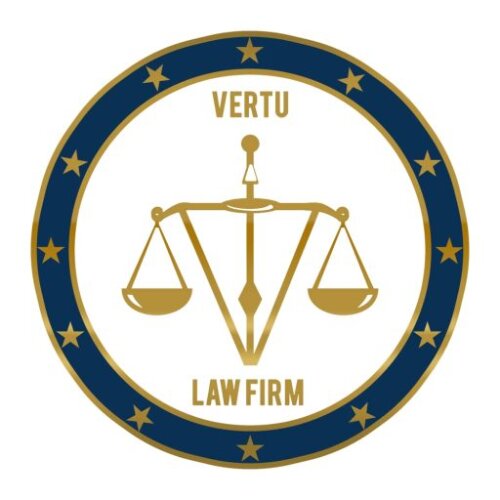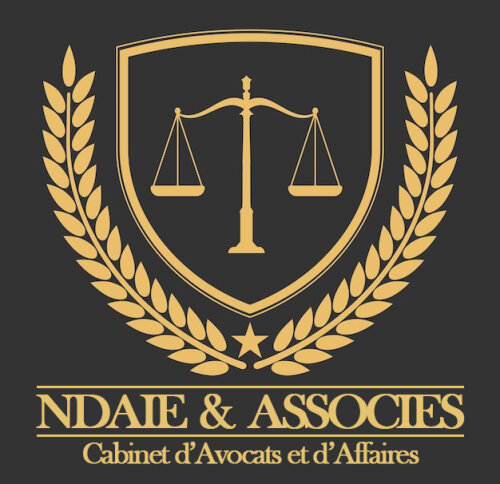Best New Business Formation Lawyers in Lubumbashi
Share your needs with us, get contacted by law firms.
Free. Takes 2 min.
List of the best lawyers in Lubumbashi, DR Congo
About New Business Formation Law in Lubumbashi, DR Congo
Lubumbashi, as one of the prime commercial centers of the Democratic Republic of the Congo (DR Congo), provides an array of opportunities for individuals or enterprises willing to establish a new business. However, it is crucial to understand that new business formation law in Lubumbashi is mostly governed by the national laws of DR Congo, which encompasses regulations laid out in the Congolese Commercial Code and other sector-specific laws. These laws outline procedures for business registrations, licensing, taxation, labor, and environmental considerations.
Why You May Need a Lawyer
Launching a new business in Lubumbashi involves several legal complexities that usually include business registration, acquiring relevant permits and licenses, understanding tax policies, and compliance with the labor laws. Misinterpretation or negligence to comply with these regulations might result in financial penalties or legal complications. Here, hiring a lawyer proficient in Congolese business law can guide you through these intricate legal procedures and ensure your business successfully operates within the regulatory framework.
Local Laws Overview
Local laws in Lubumbashi generally align with the national legal framework of DR Congo. Key regulations that you need to understand while setting up a new business include:
1. Business Registration: Initially, you need to register your business with the Companies Registry. You may also need to register with the National Social Security Fund (CNSS) and the National Institute for Professional Preparation (INPP).
2. Licensing: Depending on the type of your business, you may need to acquire specific permits or licenses from relevant government authorities.
3. Taxation: Businesses are subject to various taxes including corporate tax, value added tax, and payroll taxes, which are overseen by the General Directorate of Taxes.
4. Labor Law: Congolese labor law governs employment contracts, minimum wage, work hours, and employee benefits.
Frequently Asked Questions
What types of businesses can be formed in Lubumbashi?
Several types of businesses can be established in Lubumbashi, which include sole proprietorship, partnership, limited liability company, and corporation.
What are the initial steps to start a business in Lubumbashi?
The initial steps include developing a business plan, understanding the relevant laws, registering the business, and obtaining necessary licenses and permits.
How long does it take to register a new business in Lubumbashi?
The duration can vary based on several factors but it generally takes about 3-4 weeks to register a new business in Lubumbashi.
Can foreigners own a business in Lubumbashi?
Yes, foreigners can own a business in Lubumbashi, but with certain restrictions and additional procedures that need to be followed.
What taxes apply to businesses in Lubumbashi?
Businesses in Lubumbashi are generally subjected to corporate tax, value added tax, payroll tax, and other specific sector taxes.
Additional Resources
Some additional resources that can provide useful insight include the Congolese Commercial Code, General Directorate of Taxes, and the local Chamber of Commerce. Consulting these resources or similar organizations can provide further information required for new business formation.
Next Steps
If you require legal assistance in new business formation in Lubumbashi, your initial step should be consulting an experienced lawyer proficient in Congolese business law. It's recommended to outline a plan detailing your business structure, source of funding, and a comprehension of relevant regulations. Encountering the process with the aid of a legal representative can foster smoother proceedings and help prevent potential legal issues in the future.
Lawzana helps you find the best lawyers and law firms in Lubumbashi through a curated and pre-screened list of qualified legal professionals. Our platform offers rankings and detailed profiles of attorneys and law firms, allowing you to compare based on practice areas, including New Business Formation, experience, and client feedback.
Each profile includes a description of the firm's areas of practice, client reviews, team members and partners, year of establishment, spoken languages, office locations, contact information, social media presence, and any published articles or resources. Most firms on our platform speak English and are experienced in both local and international legal matters.
Get a quote from top-rated law firms in Lubumbashi, DR Congo — quickly, securely, and without unnecessary hassle.
Disclaimer:
The information provided on this page is for general informational purposes only and does not constitute legal advice. While we strive to ensure the accuracy and relevance of the content, legal information may change over time, and interpretations of the law can vary. You should always consult with a qualified legal professional for advice specific to your situation.
We disclaim all liability for actions taken or not taken based on the content of this page. If you believe any information is incorrect or outdated, please contact us, and we will review and update it where appropriate.















